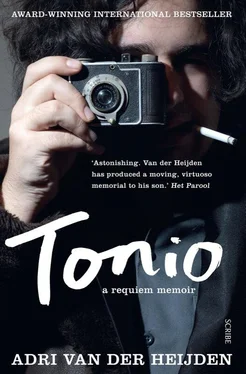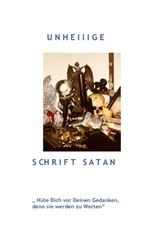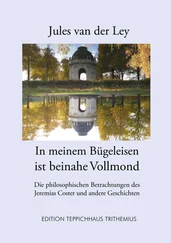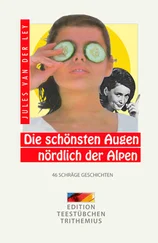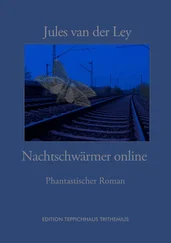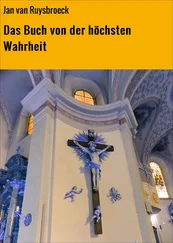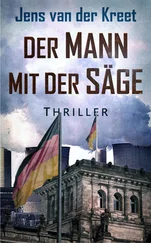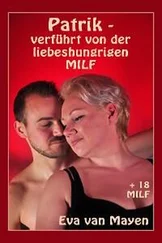I rang a neighbour who I knew wouldn’t miss a minute of the broadcast, and asked if he would record the whole charade for us — Noordeinde Palace, IJ, Herengracht, Museumplein, the lot. He was so surprised at my sudden patriotism that he promised to run off a disc for me.
24
It’s the unguarded moments that have a monopoly on our true feelings. The brain is still under the spell of semi-sleep, or a daydream, or a bout of fatigue. At such moments of doziness or inattention, it appears that I still, or more than ever, consider the possibility that Tonio will return to our midst. The unguarded moment gives a glimpse at a more primitive layer of the soul, where the hope is fed that we will get our son back one day. We need that latent expectation, apparently, in order to survive the loss.
Wide awake, we appear, albeit with self-destructive revulsion, to accept the hard facts confirming the irrevocability of Tonio’s fate, and in doing so we embrace, apparently, our own fate. But deep in our heart we still preserve the animalistic disbelief that he has vanished from our lives forever.
This requiem, too, if it is a requiem, has its own unguarded moments. The reconstruction of Tonio’s last days and hours loses its predetermined futility, and is transformed into a search for the lost and forsaken boy himself.
‘He’s not dead; he’s woken up from the dream that was life.’
What we are reconstructing is nothing other than the closing moments of this dream — from which Tonio, according to the poet, has now escaped. It is the escaped Tonio we are searching for. This requiem serves no other purpose than to track him down and retrieve him.
Before we got in the car, I browsed through de Volkskrant , which, like yesterday’s paper, was all about Dutch football. Patriarch Cruijff had nothing good to say about his great-grandsons’ playing. Disgraceful, is what it was. In Uganda, a bloodbath took place in a bar where godless fans were watching the finals. The severed head of the suicide bomber still rolled around amid the dozens of dismembered bodies — which was at least a change of pace from the Dutch misery of a badly behaved soccer ball on the screen.
Anyway, our boys, who did first have to reach the finals in order to lose, would be soon cheered rather than jeered. It was the will of the people. Triumph had already nestled itself in everyone’s consciousness nationwide: it was the spark that illuminated every empty-head from within, like the candle in the hollowed-out beetroot on Shrove Tuesday.
At eleven o’clock, Miriam came to get me. ‘I’m not even sure we’ll get through the crowds with the car. They’re streaming in from far and wide, I heard, and not all by train.’
She was wearing a new summer dress, brightly coloured and with an African print. Its length and width nicely camouflaged her waistline, enlarged by our evening pain-relief. Unlike with me, drink did not at all leave its mark on her sweet face. The fingerprint of grief in her features: that was another story.
25
The football squad and their bigwigs were still inside Noordeinde Palace having tea with the Queen. Screaming hordes of supporters rattled at the gold-spiked gates. A NOS helicopter filmed the players’ bus waiting for them behind the palace. But first the terrace scene. The palace doors (whose narrowness always makes them look uptight) opened, and the losers spilled out onto the stairs, positioning themselves around their queen. Self-conscious shuffling.
‘The cabinet formation is complete,’ our host said, to kick off the mood. ‘One less worry.’
‘The Queen’s the only one smiling,’ the hostess said.
‘Can’t say I blame her,’ her husband replied. ‘She’s just been treated to the sight of the family colour being supported by twenty-three pairs of muscular, hairy legs.’
The players and their coaches were wan and sickly by comparison. Indeed, not one of them could muster a smile. Maybe they were all hung over. Their loss had been celebrated until the wee hours in Huis ter Duin, Noordwijk, where they were fêted by our other national losers, De Toppers.*
[* The three-man pop music group that represented the Netherlands in the 2009 Eurovision Song Festival. They competed in the second semi-finals, but failed to reach the final round.]
Eventually, here and there, a cagey grin passed over a player’s face. So this is how they faced each other: the Queen with her disgraced football cabinet on one side of the gilded gates, the triumphantly howling herd of cattle on the other.
Then they turned and followed the Queen back inside. Later, we were shown a bird’s-eye view of the players and their entourage stepping into two helicopters on the Waalsdorpervlakte, on the outskirts of The Hague — for a half-hour flight to Amsterdam. Our host switched off the TV and suggested we walk to the mooring.
26
On the IJ we joined a slapdash flotilla of smaller and larger boats, from motor punts to speedboats to seaworthy yachts. The water police, ever vigilant, kept all of us at a safe distance from the players’ and VIP boats. We needed our captain’s binoculars to make out the Museum Boat moored at the marine base, festooned as it was with orange-red flowers and guarded by a fleet of motorised police super-pedal boats.
We kept our eyes peeled for the arrival of the team’s helicopters, but seeing as it had been at least an hour since they left the Waalsdorpervlakte, the guys must have already long arrived at the marine base.
Miriam and I would watch it all again that night on TV. The players had changed clothes, trading their blazers for training gear — blue with orange trim, to distinguish them from the monochrome uniforms of their supporters. They marched, in a barely orderly single file, across the dock to board the Museum Boat, fidgeting and jostling like schoolboys on a class outing.
‘Well, well, look who we have there,’ our host said, passing me his binoculars. ‘Our brand-new mayor himself.’
With difficulty, I could make out the newly appointed burgomaster, Van der Laan, who, sporting his official mayoral collar, somewhat worriedly greeted the entourage. Later, in the rerun, we would get the details. All those overtrained football machines went straight for the beer, provided by sponsor Heineken in green slurp-bottles, regular glasses, and goblets the size of the World Cup itself. This was their way of bracing themselves for the shameful ticker-tape parade.
Once both boats, surrounded by the police water-scooters, were well past the fans’ flotilla, there was no stopping the crush. It was like Sail, when everything that could float came out to welcome a Russian cadet ship as it reached the IJ. Despite the police, our little punt could now get quite close to the players’ boat. The whole chaotic armada set out in the direction of the Westelijke Eilanden.
The goalkeeper appeared at the railing and brought an oversized World Cup tankard of beer to his mouth. Dirk, Robin, Wesley … what a bunch of little boys they were, really, when you saw them horsing around on the deck like that. They became more and more rambunctious. The mayor stood there, a bit out of place in his water-spattered suit. None of the players seemed to want to trade words with him.
I crouched at the bow of the boat. I looked back at Miriam, who, seated alongside our friends on the thwart, was holding on tightly to the gunwale. Her face was wet, but it could just as well have come from the spray sent up by a passing boat. On the other hand … in this open expanse of light, surrounded by bobbing boats all hurrying in the same direction, it was impossible not to think of Tonio. She knew, as I did: we were heading, via an enormous detour, for the spot we haven’t dared visit since Whit Sunday, the day we stood at his deathbed, kissing him goodbye for eternity. But a confrontation with the crossroads where he had lost consciousness for good early that morning, we hadn’t been able to face. We’d still have to wait and see if it would happen today.
Читать дальше
